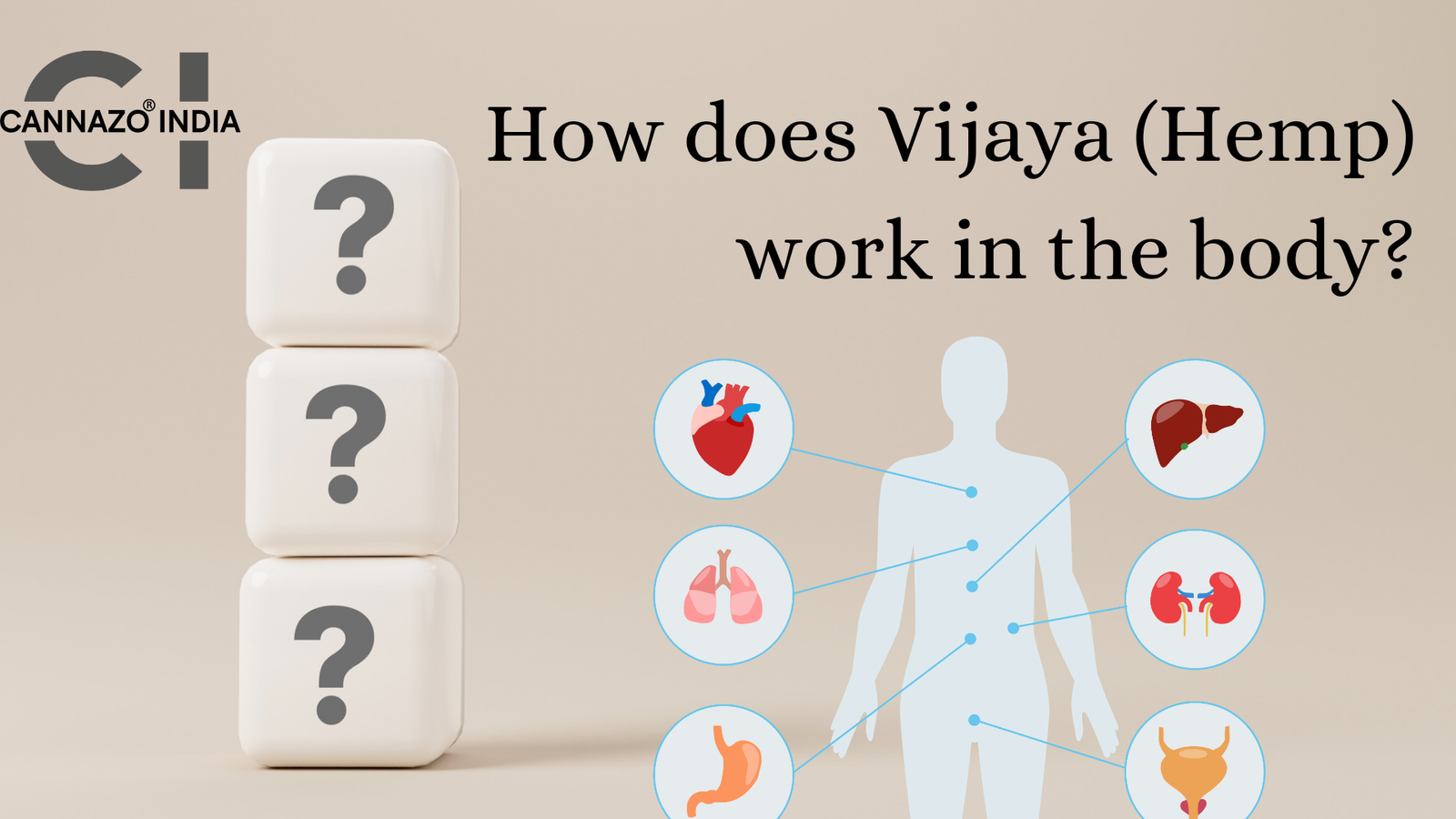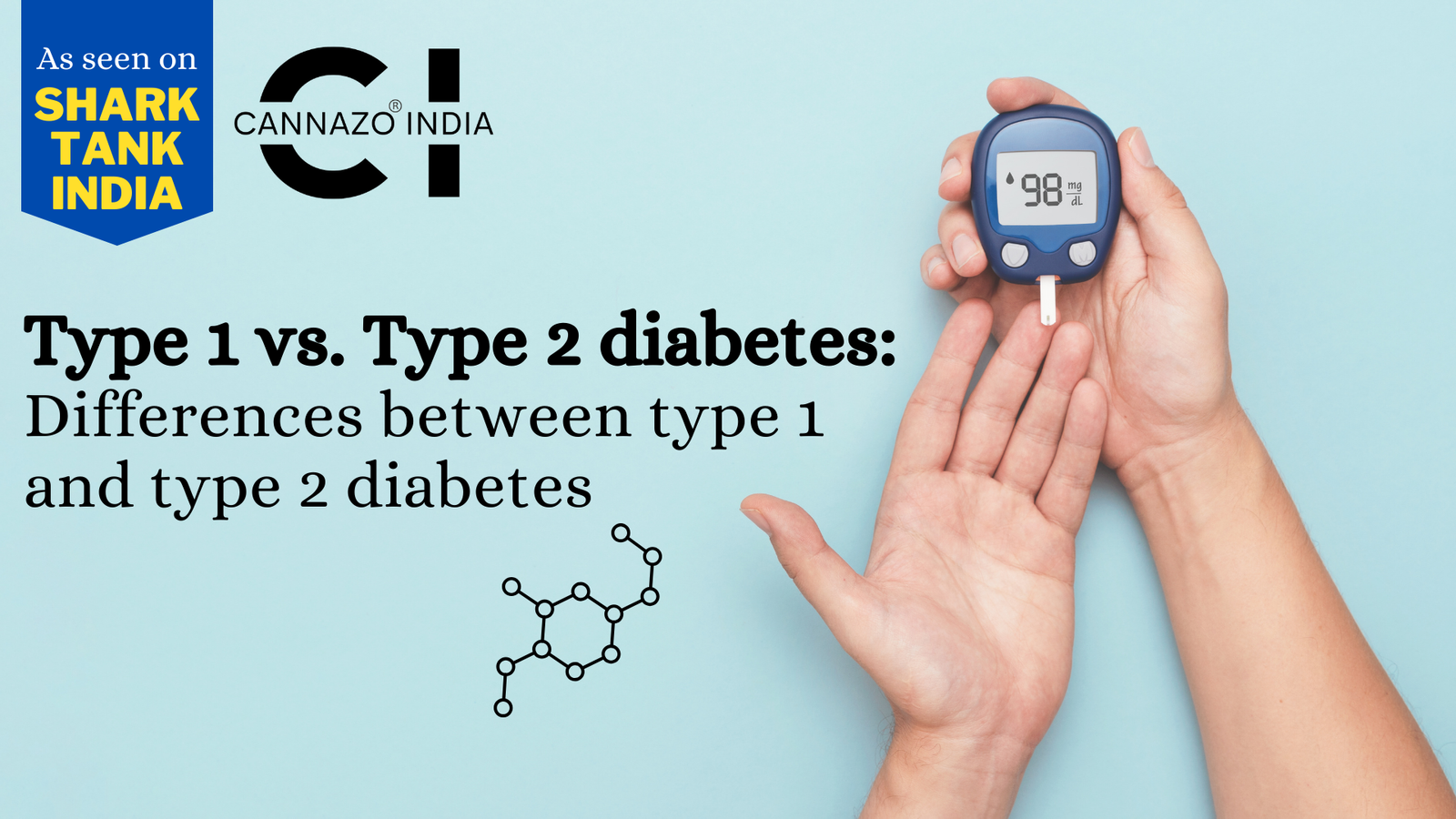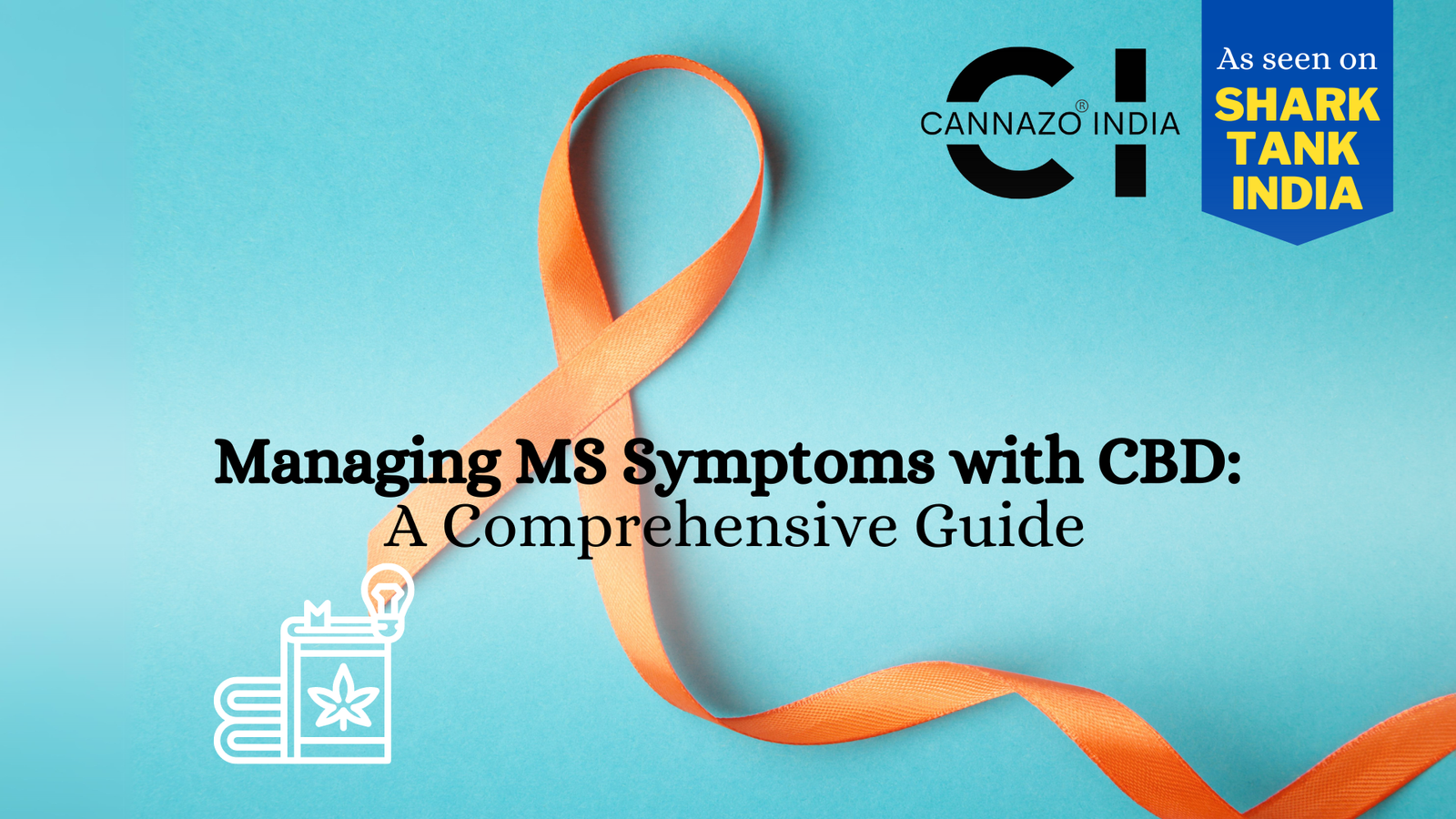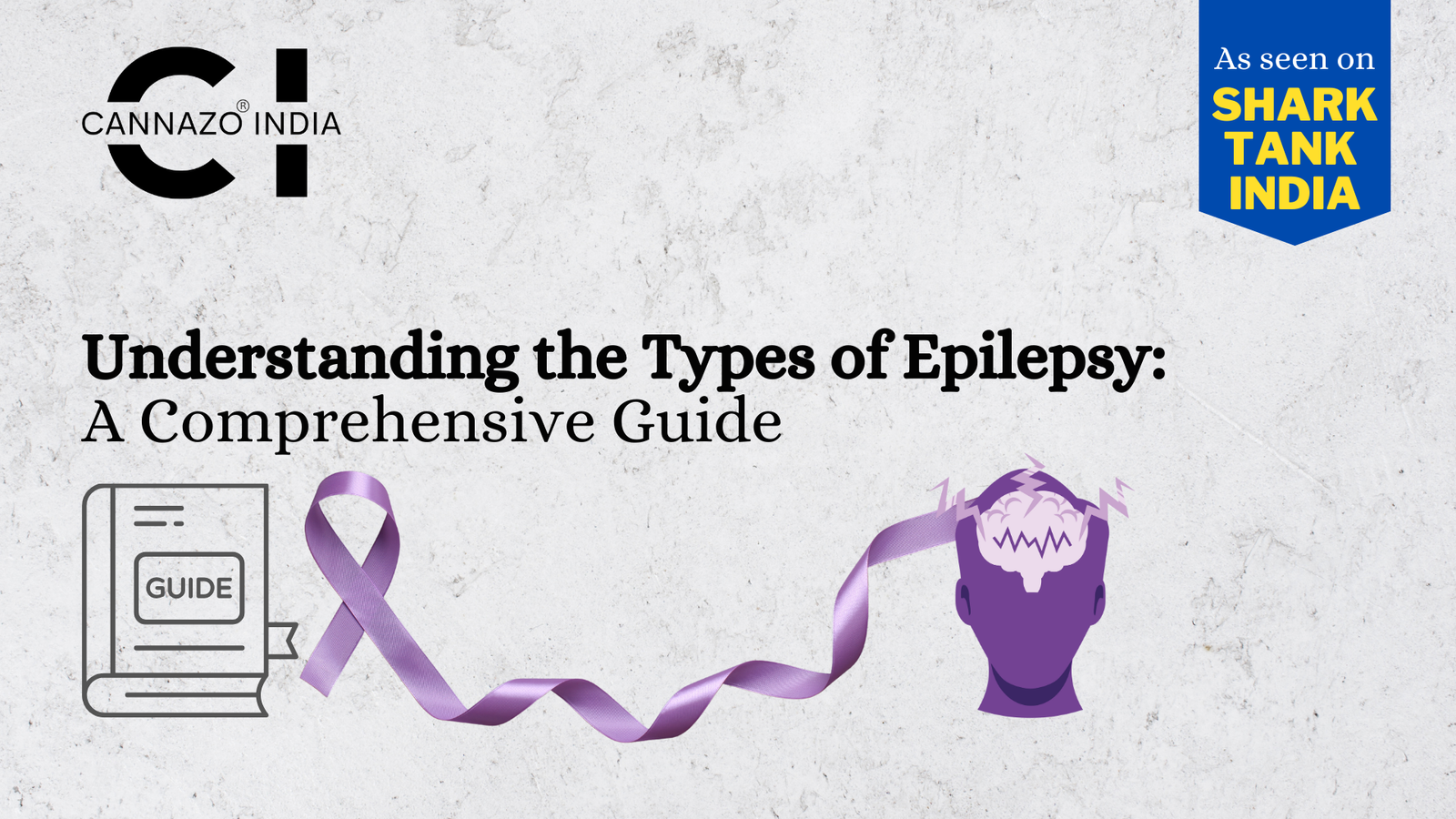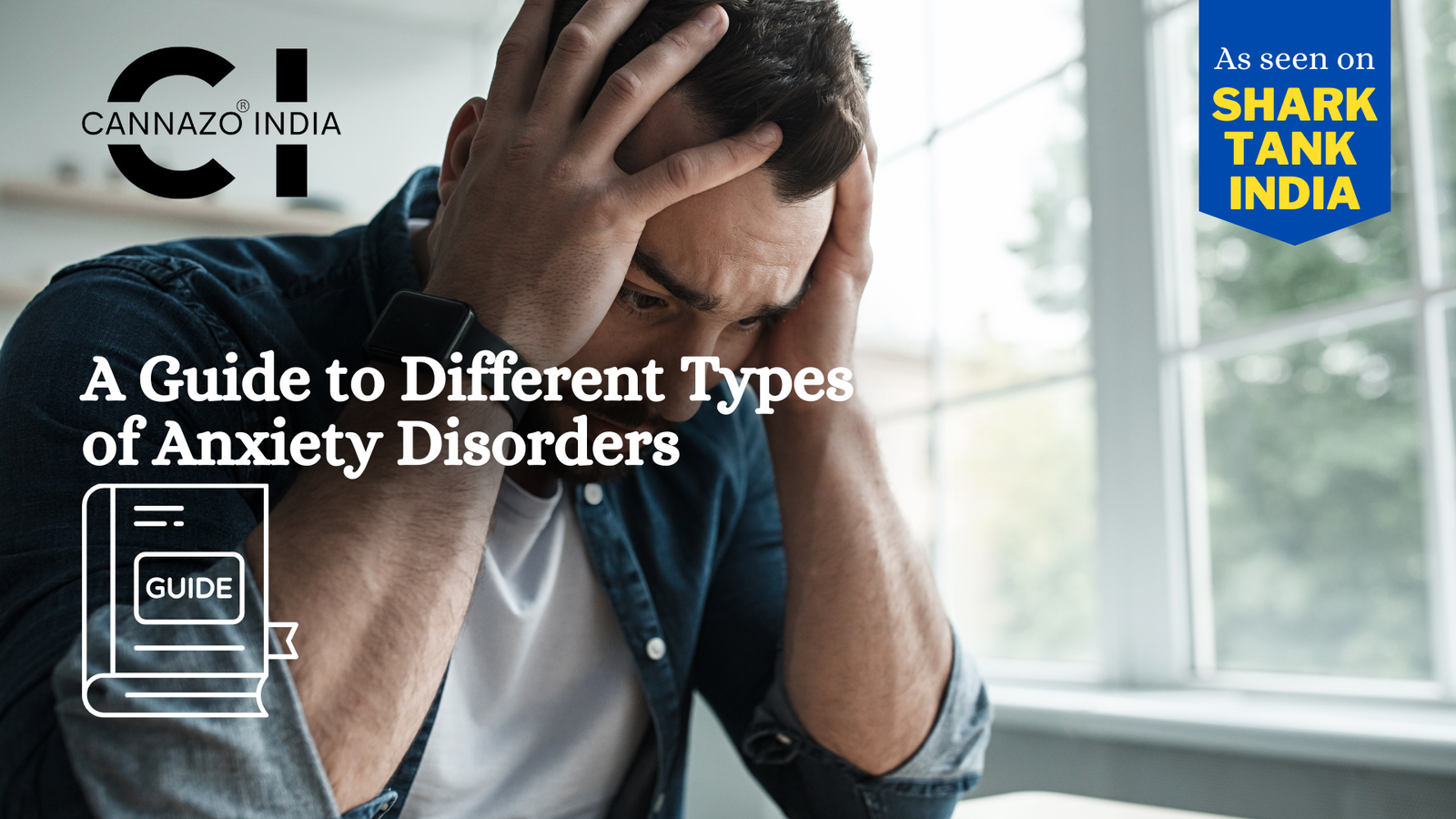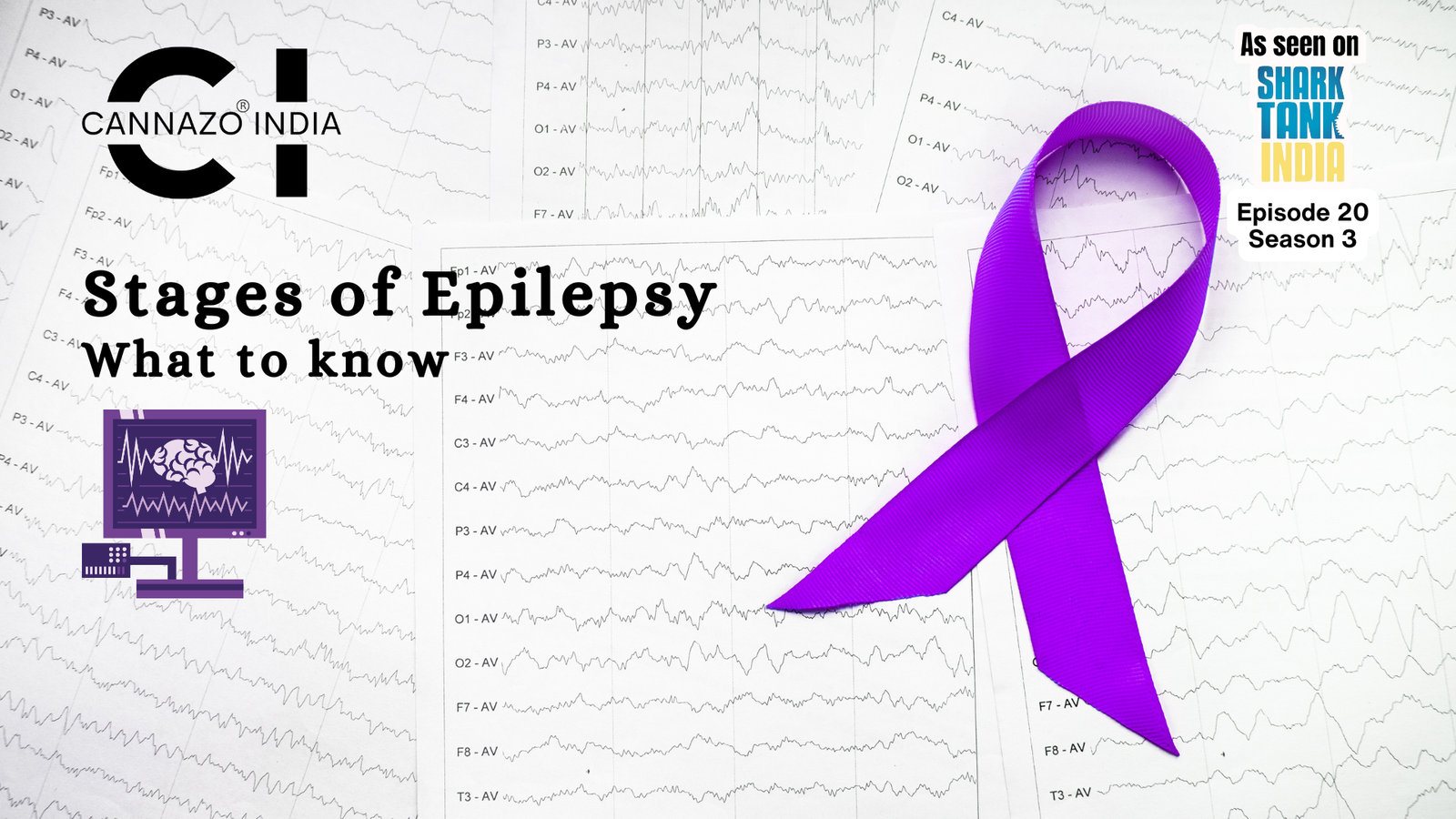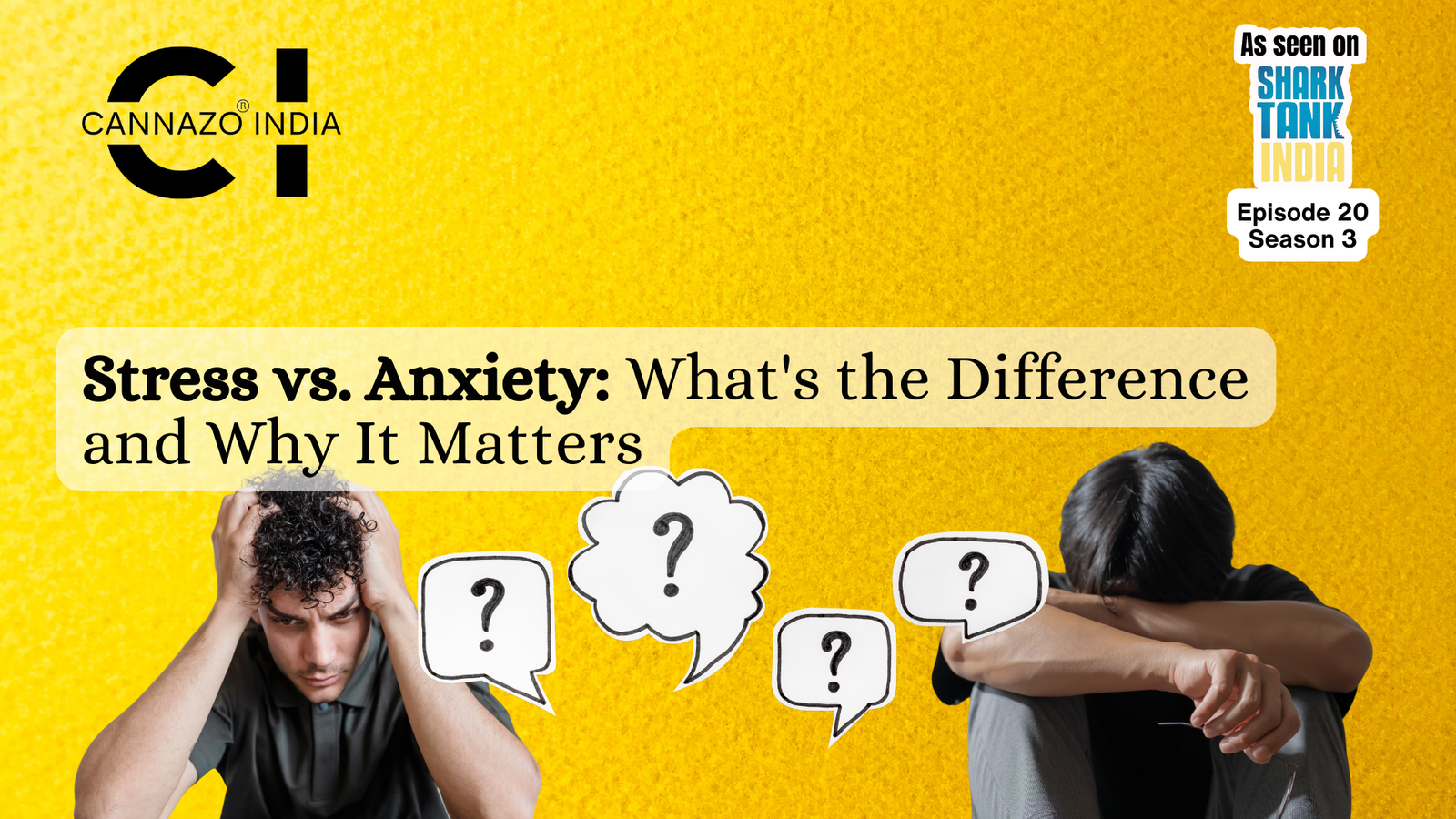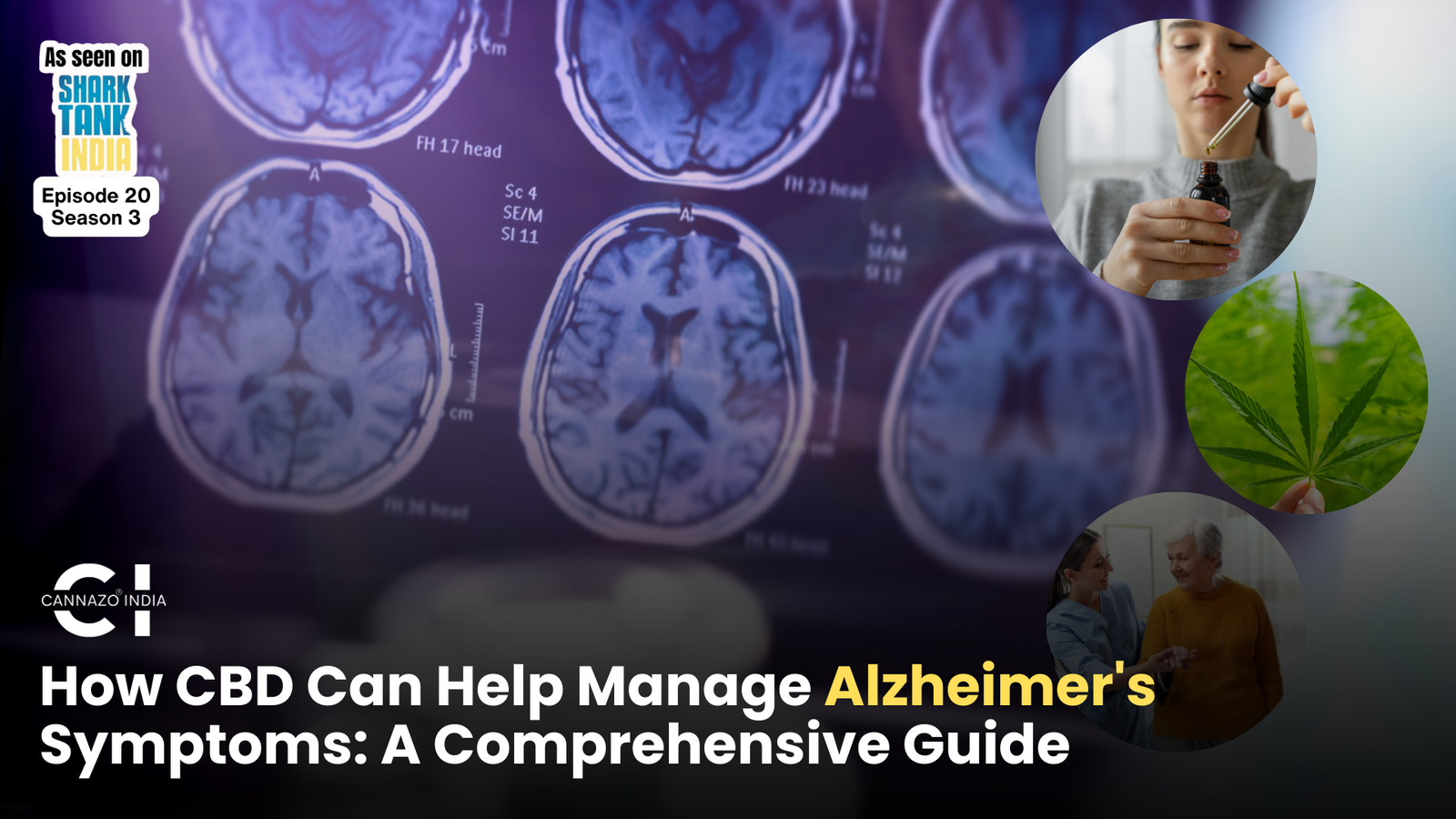Cannabidiol (CBD) oil, derived from the Cannabis sativa plant, has gained significant attention for its potential therapeutic applications, including weight management. CBD is a non-psychotropic cannabinoid that interacts with the body’s endocannabinoid system (ECS), which plays a crucial role in regulating various physiological processes, including metabolism and appetite. [1]
The ECS consists of cannabinoid receptors, primarily CB1 and CB2, which are found throughout the body. CBD’s interaction with these receptors and other molecular targets influences several mechanisms that may contribute to weight management:
- Modulation of metabolism: CBD may enhance mitochondrial function, potentially leading to more efficient calorie burning.[2]
- Appetite regulation: Unlike THC, which is known to stimulate appetite, CBD typically suppresses appetite in most individuals.[3]
- Fat cell transformation: CBD may promote the conversion of white fat cells into brown fat cells, which are more metabolically active.[4]
- Stress reduction: By potentially alleviating anxiety and stress, CBD may indirectly support weight management efforts.[5]
Top Benefits of CBD Oil for Weight Loss
Promotes Fat Browning
One of the most promising aspects of CBD oil for weight management is its potential to promote fat browning. This process involves the conversion of white adipose tissue (WAT) into brown adipose tissue (BAT).
White fat cells primarily store energy and are associated with obesity when present in excess. In contrast, brown fat cells are more metabolically active and help burn calories to generate heat. By encouraging this conversion, CBD may contribute to increased calorie expenditure and potentially aid in weight loss.[[3],[6]
Regulates Appetite
CBD’s effect on appetite is complex and can vary among individuals. However, research suggests that CBD typically suppresses appetite, which could be beneficial for those looking to manage their weight.
Unlike THC, which is known to stimulate appetite (often referred to as “the munchies”), CBD does not generally increase food intake. In fact, it may help reduce overeating or snacking between meals, particularly for those who struggle with cravings or emotional eating.
It’s important to note that in some cases, particularly for individuals whose reduced appetite is due to conditions like anxiety or pain, CBD might actually stimulate appetite by addressing these underlying issues.[2]
Boosts Metabolism
CBD may have a positive impact on metabolism through several mechanisms:
- Mitochondrial activity: CBD has been shown to enhance the function of mitochondria, the energy-producing structures within cells. This improved mitochondrial activity could lead to a more efficient metabolism, allowing the body to burn calories more effectively.[2]
- AMPK activation: Research indicates that CBD oil can induce the phosphorylation and activation of AMP-activated protein kinase (AMPK), a key enzyme involved in cellular energy homeostasis. This activation may promote metabolic health and support weight management efforts.[6]
- Insulin sensitivity: Some studies suggest that CBD might play a role in enhancing insulin sensitivity. Improved insulin sensitivity helps the body use glucose more efficiently, reducing the likelihood of storing it as fat.[2]
Reduces Stress-Related Eating
Stress and anxiety can often lead to overeating or unhealthy eating patterns, which can sabotage weight loss efforts. CBD has shown potential in reducing anxiety and stress, which may indirectly support weight management by helping to curb stress-related eating.
By interacting with the ECS and potentially influencing serotonin receptors, CBD may help promote a sense of calm and well-being. This could lead to better emotional regulation and reduced likelihood of turning to food for comfort.[2]
Supports Better Sleep for Weight Loss
Quality sleep is crucial for maintaining a healthy weight, as poor sleep patterns can disrupt hormones that regulate hunger and fullness. CBD has shown potential in improving sleep quality for some individuals, which could indirectly support weight management efforts.
By potentially addressing issues like anxiety or pain that may interfere with sleep, CBD could help establish healthier sleep patterns. Better sleep can lead to more balanced hunger hormones, reduced cravings, and improved energy levels for physical activity.[5]
How to Use CBD Oil for Weight Loss
When considering CBD oil for weight management, it’s essential to approach its use thoughtfully and in conjunction with a healthy lifestyle. Here are some guidelines:
- Start with a low dose: Begin with a small amount of CBD oil and gradually increase the dosage as needed, paying attention to how your body responds.
- Consistency is key: Regular use of CBD oil may be more effective than sporadic consumption.
- Choose high-quality products: Look for CBD oils that are third-party tested and derived from organic hemp to ensure purity and potency.
- Combine with a balanced diet and exercise: CBD oil should complement, not replace, a healthy diet and regular physical activity.
- Consult a healthcare professional: Before starting any new supplement regimen, including CBD oil, it’s crucial to consult with a healthcare provider, especially if you have existing health conditions or are taking medications.
Choosing the Right CBD Oil
When selecting a CBD oil for weight management, consider the following factors:
- Full-spectrum vs. isolate: Full-spectrum CBD oils contain a range of cannabinoids and terpenes, which may offer enhanced benefits due to the entourage effect. CBD isolates, on the other hand, contain only pure CBD.
- Concentration: Look for products that clearly state the CBD concentration per serving.
- Extraction method: CO2 extraction is considered one of the cleanest methods for producing CBD oil.
- Third-party testing: Reputable companies provide certificates of analysis from independent laboratories, verifying the product’s potency and purity.
- Source of hemp: Opt for CBD oils derived from organically grown hemp to minimize exposure to pesticides and other contaminants.
Conclusion
CBD oil shows promising potential as a complementary approach to weight management. Its ability to promote fat browning, regulate appetite, boost metabolism, reduce stress-related eating, and support better sleep may contribute to overall weight loss efforts.
However, it’s important to remember that CBD oil is not a magic solution for weight loss. It should be used as part of a comprehensive approach that includes a balanced diet, regular exercise, and healthy lifestyle habits. Additionally, more research is needed to fully understand the long-term effects and optimal use of CBD for weight management.
As with any supplement, individual responses to CBD can vary, and it’s crucial to consult with a healthcare professional before incorporating CBD oil into your weight management routine. By taking a thoughtful and informed approach, CBD oil may prove to be a valuable tool in supporting your journey towards a healthier weight and improved overall well-being
References
- Dr. Parul. (2024, February 28). Exploring CBD Oil for Weight Management. Qurist. https://qurist.in/blogs/news/cbd-oil-for-weight-management
- cbdmagic. (2024, August 16). CBD and Weight Management: Appetite Control and Metabolism. CBDMagic. https://cbdmagic.co/cbd-and-weight-management/
- Pedersen, T. (2024, February 9). Does CBD Increase Your Appetite? Healthline; Healthline Media. https://www.healthline.com/health/does-cbd-increase-your-appetite
- Kalcheff-Korn, S. (2024, January 15). Cannabis and Weight Loss: Exploring Nature’s Ozempic and More – Realm of Caring Foundation. Realm of Caring Foundation. https://realmofcaring.org/cannabis-and-weight-loss-exploring-natures-ozempic-and-more/
- https://www.sfgate.com/shopping/article/does-CBD-oil-help-with-weight-loss-16374893.php
- Bravo Iniguez, A., Sun, Q., Cui, Q., Du, M., & Zhu, M.-J. (2024). Cannabidiol Enhances Mitochondrial Metabolism and Antioxidant Defenses in Human Intestinal Epithelial Caco-2 Cells. Nutrients, 16(22), 3843. https://doi.org/10.3390/nu16223843














